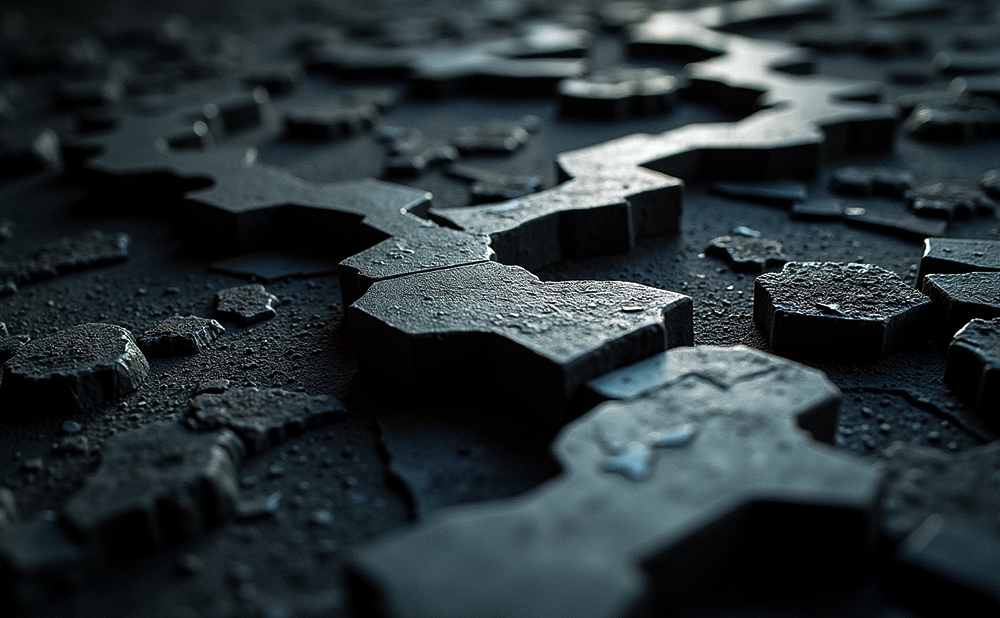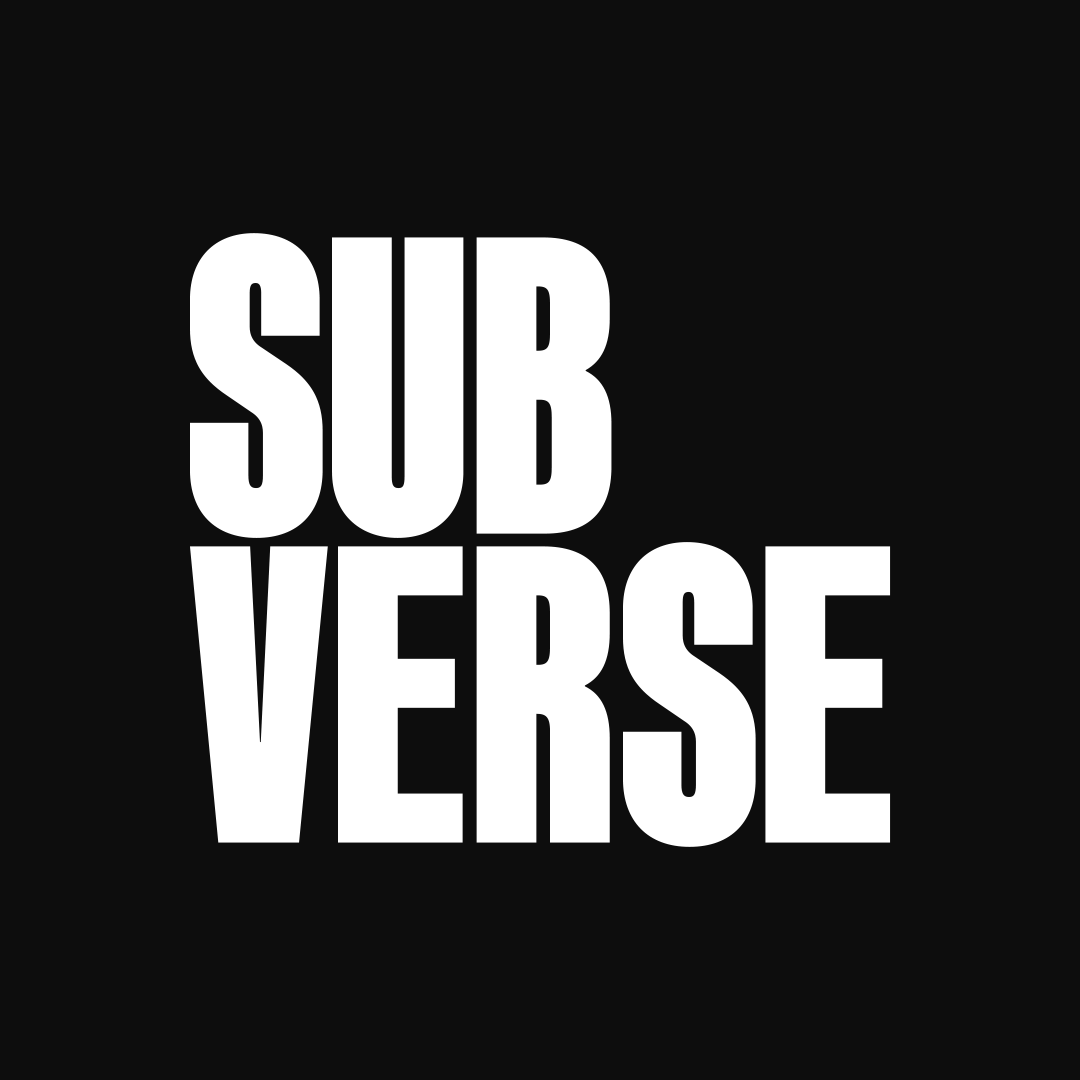Have you ever wondered how artificial intelligence is reshaping the creative landscape? The intersection of creativity and AI isn't just a futuristic concept; it's happening now, transforming the way artists, designers, musicians, and writers approach their craft. The rapid evolution of technology is compelling creative professionals to adapt, innovate, and even embrace AI as a collaborator rather than a rival. This article delves into the essential skill sets that future creative professionals need to thrive in an AI-enhanced environment.
Understanding AI and Its Capabilities
Basics of AI in the Creative Field
At its core, artificial intelligence refers to computer systems that can perform tasks typically requiring human intelligence—like visual perception, speech recognition, decision-making, and language translation. In the creative domain, we see a variety of AI technologies, such as:
- Machine Learning: Systems that learn and improve from experience without being explicitly programmed.
- Neural Networks: Algorithms designed to recognize patterns and structures within data, enabling tasks like image and sound generation.
Creative applications of AI are already evident. For instance, tools like DALL-E and Midjourney are pioneering the world of AI-generated art, while music platforms like AIVA compose symphonies with astonishing complexity. In writing, AI tools like ChatGPT assist authors in brainstorming or drafting pieces, showing that the possibilities are endless.
Embracing Collaboration with AI
Rather than viewing AI as a competitor, creatives should embrace it as a partner. This mindset shift is crucial for leveraging AI to enhance artistic output. To start this journey:
- Inform yourself: Seek resources that demystify AI technologies and their applications in the creative arts.
- Experiment: Use AI tools in small projects to understand their capabilities and limitations.
By viewing AI through a lens of collaboration, creative professionals can unlock new avenues for inspiration and productivity.
Adaptability and Continuous Learning
The Importance of Lifelong Learning
The tech landscape, fueled by rapid advancements, is constantly evolving. A recent report from the World Economic Forum highlighted that by 2025, over 85 million jobs may change hands due to emerging technologies. Upskilling is not just a buzzword; it's a necessity. Creative professionals must stay informed about industry trends and technological developments to remain relevant.
Techniques for Staying Updated
To keep pace with these changes, consider the following practices:
- Enroll in online courses: Platforms like Coursera and Skillshare offer classes on AI, creative software, and other tech-related topics relevant to artists.
- Attend workshops and conferences: Networking and learning from others in your field can spark new ideas and connections.
By prioritizing lifelong learning, creatives can fortify themselves against obsolescence.
Digital Literacy and Technical Skills
Proficiency in Creative Software
Familiarity with essential creative software tools is non-negotiable. Programs like Adobe Creative Suite, Procreate, or various music production software not only enhance creativity but also streamline workflows. Understanding how to utilize AI-enhanced features within these tools can drastically improve productivity and quality.
Coding Basics for Creatives
Artists today can greatly benefit from understanding programming principles. Knowing languages like Python or JavaScript can allow creatives to automate processes or develop unique digital experiences. Many notable artists, such as Casey Reas and JODI, have successfully merged coding with artistic expression, setting an inspiring example for others.
Interdisciplinary Skills and Collaboration
Blending Disciplines for Innovation
In a world where the lines between disciplines blur, an understanding of various fields—like design, music, and storytelling—can lead to innovative creations. Case studies, such as the collaboration between designers and data scientists to create data visualizations, showcase this fusion of talents.
Teamwork and Communication
Effective collaboration is key when navigating interdisciplinary projects. Developing strong communication skills, such as active listening and presenting ideas clearly, can lead to more fruitful collaborations.
Emotional Intelligence and Human-Centric Design
Tapping Into Human Emotions
While AI can assist with logistical tasks, it lacks the innate emotional depth that human creativity possesses. Creatives must harness their emotional intelligence to engage audiences meaningfully. Understanding user experience—or how audiences interact with art—can elevate any project.
Empathy in the Creative Process
Empathy is critical in creating designs and art that resonate with audiences. Exercises such as crafting user personas can help creative professionals understand their audience's needs, leading to more impactful work.
Ethical Considerations in AI and Art
Navigating the Ethical Landscape
As AI becomes increasingly integrated into artistic processes, ethical concerns are surfacing. Issues surrounding copyright, the authenticity of AI-generated content, and the value of original work are paramount. Recent controversies in the art community concerning AI-generated pieces highlight the importance of navigating these waters carefully.
Advocating for Ethical Practices
Artists and creatives should take a stand to advocate for fair practices surrounding the use of AI in their fields. Promoting transparency and ethical standards will ensure that technology serves to enhance creativity rather than compromise it.
In the coming years, as creative professionals embrace the inevitable integration of AI into their work, those who equip themselves with the right skills and mindsets will flourish. By prioritizing collaboration, adaptability, digital literacy, interdisciplinary approaches, emotional intelligence, and ethical considerations, the future of creativity will be vibrant and full of potential. So, dive in, explore the tools available, and let AI be an ally in your creative journey.

